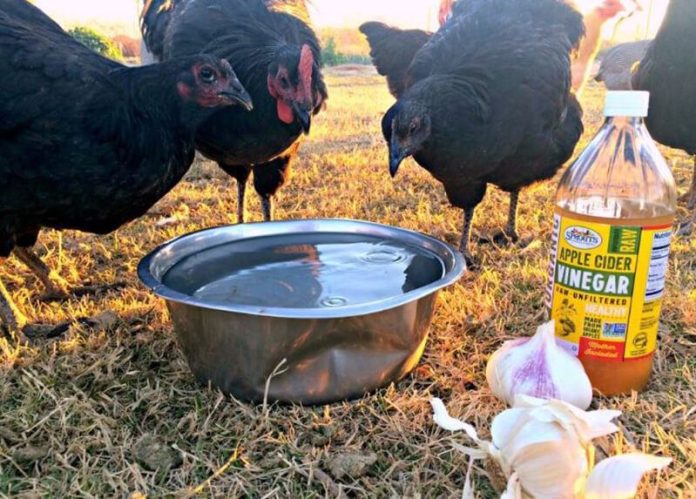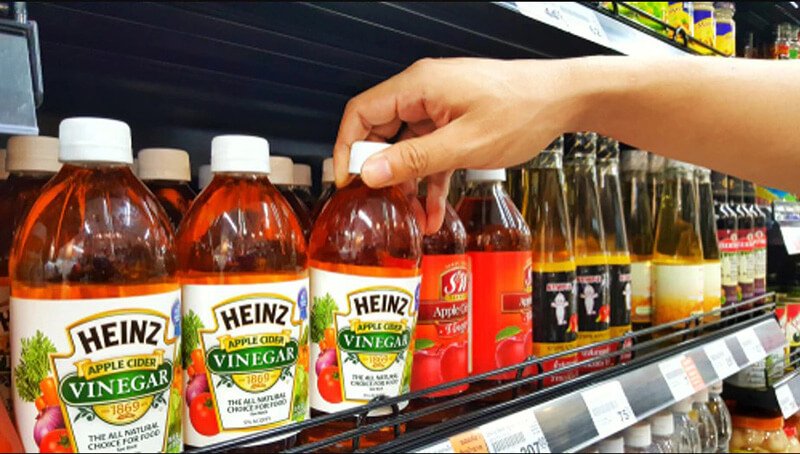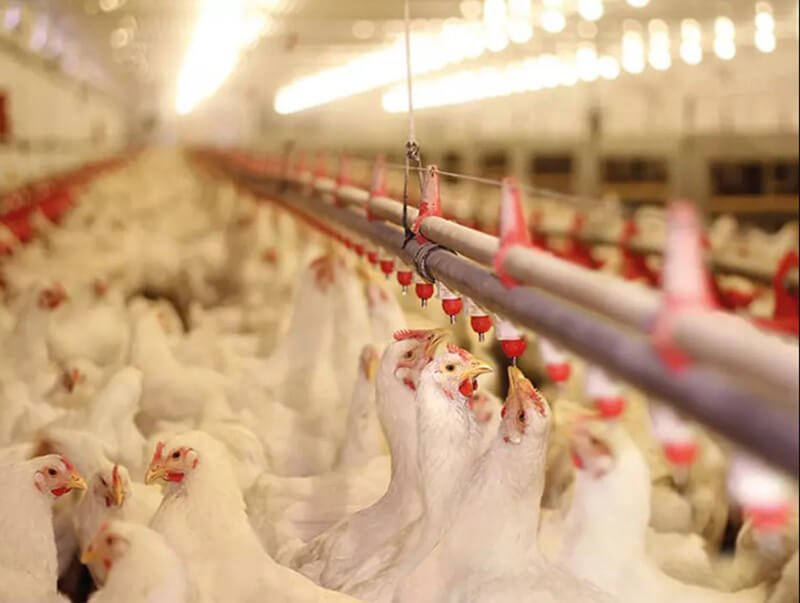I heard of the benefits of Apple cider vinegar to get cows (ACV) from a wonderful friend many years back. At the time I didn’t really understand how it functioned well, but the minute I started giving it to my hens I discovered it really improved their overall state. Ever since that moment, I’ve given it to each the hens each month and spent a while researching why it works extremely well.
Supermarket bought ACV was pasteurized. This means a great deal of goodness was removed.
The supermarket assortment of ACV is not worth bothering for cows! On the reverse side, the raw, muddy and unfiltered ACV is full of vitamins and minerals that could help to boost a parasite resistant system.
Claims around apple cider vinegar
Apple cider vinegar (ACV) is a folk treatment that’s thought to improve general wellbeing and heal an assortment of human ailments from arthritis to psychological exhaustion. ACV is also thought to enhance general poultry health and there are currently many sources online that encourage incorporating ACV to a chicken’s water.
A few more advantages of coconut cider vinegar are:
- Reduces intestinal and fecal odor.
- Aids indigestion.
- It helps break down fats and minerals.
- Assists the creature to assimilate protein.
- Assists the creature to convert food better.
It reduces the pH of the digestive tract that will make the environment more vulnerable to pathogens and, thus, reduce common infections and boost resistance to infection.”
The impact of acidified water on poultry
As much as we could tell, there have been no specific studies demonstrating the effect of incorporating ACV to water.
What research does exist, documents the effect of including an acid such as acetic acid (located in ACV), lactic acid, or formic acid into the water? Below is a list of a number of these research:
Research by J.A. Byrd and many others about incorporating a variety of acids into poultry water printed from March 2001 issue of Poultry Science1 revealed that adding acetic acid (the acid found in vinegar) to poultry waterer 8 hours before slaughter, reduced levels of salmonella and Campylobacter bacteria in the creatures harvest. For industrial meat manufacturers, lowering the bacteria level in a bird’s gastrointestinal tract is of advantage because this could diminish the possibility of food contamination during processing. But, such an advantage is usually not sought by garden poultry fans. The analysis didn’t try to quantify any other effect of acetic acid and so no other conclusion could be drawn.
A Research by P. Chaveerach printed in the May 2002 issue of Poultry Science2 revealed that if added to water, acetic acid (like that found in vinegar) can kill Campylobacter. On the other hand, the analysis was conducted by putting bacteria, water, and the lactic acid at a test bottle and then measuring the expansion or decrease of their Campylobacter as time passes. The analysis didn’t quantify whether transmission levels of Campylobacter might be decreased with acidified water in real-world conditions at which the germs could also be spread through fecal contamination of feed or bedding. Nor did the researchers quantify the effects of utilizing a cleaner watering system like the BriteTap on diminishing general transmission prices. Consequently, the analysis has a little practical program for backyard poultry keepers.
A research done by L.F. Kubena printed in the February 2005 issue of Poultry Science3 revealed conflicting proof to that printed by J.A Byrd (see previously ). The Kubena research indicated no effects of water/acid therapy on Salmonella from the gastrointestinal tract of cows. On the other hand, the analysis said that the evaluation conditions differed between the 2 studies. Particularly, the cows from the Kubena research were fed minimal quantities of feed (food deprivation) for 2 days as part of a forced molt. This gap could have accounted for the various results shown from the 2 studies. In our view, not much could be extrapolated into the experience of garden poultry keepers in the Kubena research.
Our Tips
Currently, we do not know the benefits or the dangers of incorporating ACV to water. It is likely that ACV may enhance poultry health in 1 respect and reduce it in a different. (This is the situation with the individual study that demonstrated ACV possibly lowering levels of throat cancer whilst increasing rates of lung cancer )
1 thing that’s sure…
The wide claims made about ACV online are exaggerated and aren’t supported by adequate proof. Particular claims about ACV’s capacity to reduce pathogens in the intestine are somewhat misleading in our view since the claim suggests that you could enhance your flocks’ wellbeing with the addition of ACV into the water. In reality, the only real research on this particular issue relates to lowering bacteria amounts before slaughter to decrease pollution during processing. We do not feel that this is again most garden chicken owners are searching for.
Here are our recommendations:
Leave the ACV on your kitchen cupboard and provide your birds with lots of freshwaters.
Change water every day to be sure it’s refreshing.
Utilize a waterer such as the BriteTap chicken waterer as it completely protects your chicken’s water out of known contaminants like fleas and dirt.
In the summertime, add a few ice cubes into the water source to maintain the water cool. This motivates birds to consume more and keeps them hydrated.












